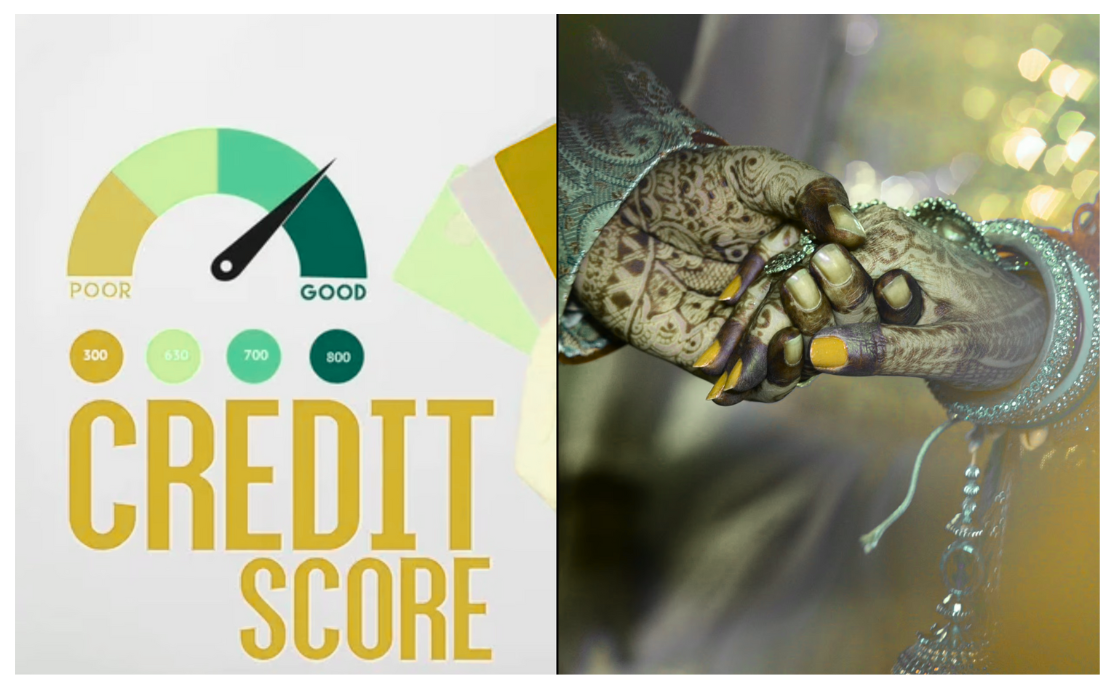Introduction
When we think of marriage, the traditional checklist usually includes family background, education, career, values, and sometimes even horoscopes. But in today’s financial world, another factor has quietly entered the discussion: the credit report.
Yes, creditworthiness is increasingly becoming part of marriage negotiations, particularly in urban and financially aware communities. Just as one would not ignore a partner’s health condition or job stability, many families now consider a credit report as an indicator of financial discipline and long-term stability.
Why Credit Reports Matter in Marriage
1. Financial Transparency
A marriage is not just about emotional compatibility—it’s also a financial partnership. A credit report offers a window into how a person handles money, loans, and responsibilities.
2. Debt Burden and Future Goals
Imagine planning to buy a house, only to discover your partner has large outstanding debts or a “suit-filed” status in their credit history. Such liabilities can affect loan approvals, interest rates, and the couple’s overall financial freedom.
3. Trust and Responsibility
A strong credit score reflects discipline and reliability. Conversely, frequent defaults or unpaid loans may raise concerns about trustworthiness and accountability.
Real-Life Cases: Credit Scores in Marriage Talks
Case 1: The Unexpected Default
An IT professional from Bengaluru had an impressive job, good family background, and a promising future. But during alliance talks, the prospective bride’s family requested his CIBIL report. To everyone’s surprise, it showed a “suit-filed” loan from his college days—something he had overlooked because the bank never updated the closure. The family grew hesitant, and the alliance broke off.
Case 2: Overcoming Together
A young woman in Kochi disclosed during engagement talks that she had a poor credit score due to unpaid credit card bills from her first job. Instead of rejecting her, the groom’s family appreciated her honesty. After marriage, the couple worked together to clear the dues and rebuild her score. Within two years, they were able to secure a joint home loan—proving that transparency and teamwork matter more than a number.
Case 3: Silent Red Flag
In another instance, a family in Chennai skipped checking credit history during arranged marriage talks. A year later, the groom’s poor repayment record made it impossible for the couple to get a car loan. This created frustration and mistrust, which strained the marriage. The bride’s family later admitted they wished they had checked earlier.
How Families Use Credit Reports in Marriage Proposals
As a Verification Tool: Families request CIBIL or other bureau reports (Experian, Equifax, CRIF Highmark) alongside traditional biodata.
To Cross-Check Income: Reported salaries are compared with repayment patterns and loan histories.
To Avoid Risks: Families may reject alliances if there’s evidence of repeated defaults, litigation, or fraud.
The Flip Side: Cautions and Concerns
While credit reports provide valuable insights, they should not be used blindly:
Privacy Issues: A credit report is highly personal. Sharing it prematurely could lead to misuse.
Context Matters: A low score isn’t always due to negligence. Job loss, medical emergencies, or even reporting errors can cause temporary dips.
Misinterpretation Risk: Families without financial knowledge may misread entries, mistaking a simple overdue credit card bill for a serious default.
Best Practices Before Marriage
If you’re exploring marriage prospects, here are a few steps to stay prepared:
1. Check Your Credit Report Regularly
Obtain a copy from all major bureaus—CIBIL, Experian, Equifax, CRIF Highmark—and review your financial standing.
2. Rectify Errors Early
Dispute any incorrect entries, such as “suit-filed” statuses for closed loans or wrongly reported defaults.
3. Be Honest About Loans
Transparency builds trust. If you have ongoing EMIs, disclose them instead of waiting for the other side to find out.
4. Plan Financially Together
After marriage, treat your credit health as a joint responsibility. Timely EMI payments, sensible borrowing, and smart savings help both partners maintain strong financial standing.
Conclusion
In modern marriages, a credit report is more than just a number—it’s a story of financial discipline, accountability, and trust. While it shouldn’t be the only factor in choosing a life partner, it can help families make informed decisions.
Ultimately, successful marriages are built on honesty, compatibility, and shared goals. Including financial health in those conversations ensures that love and stability walk hand in hand.




